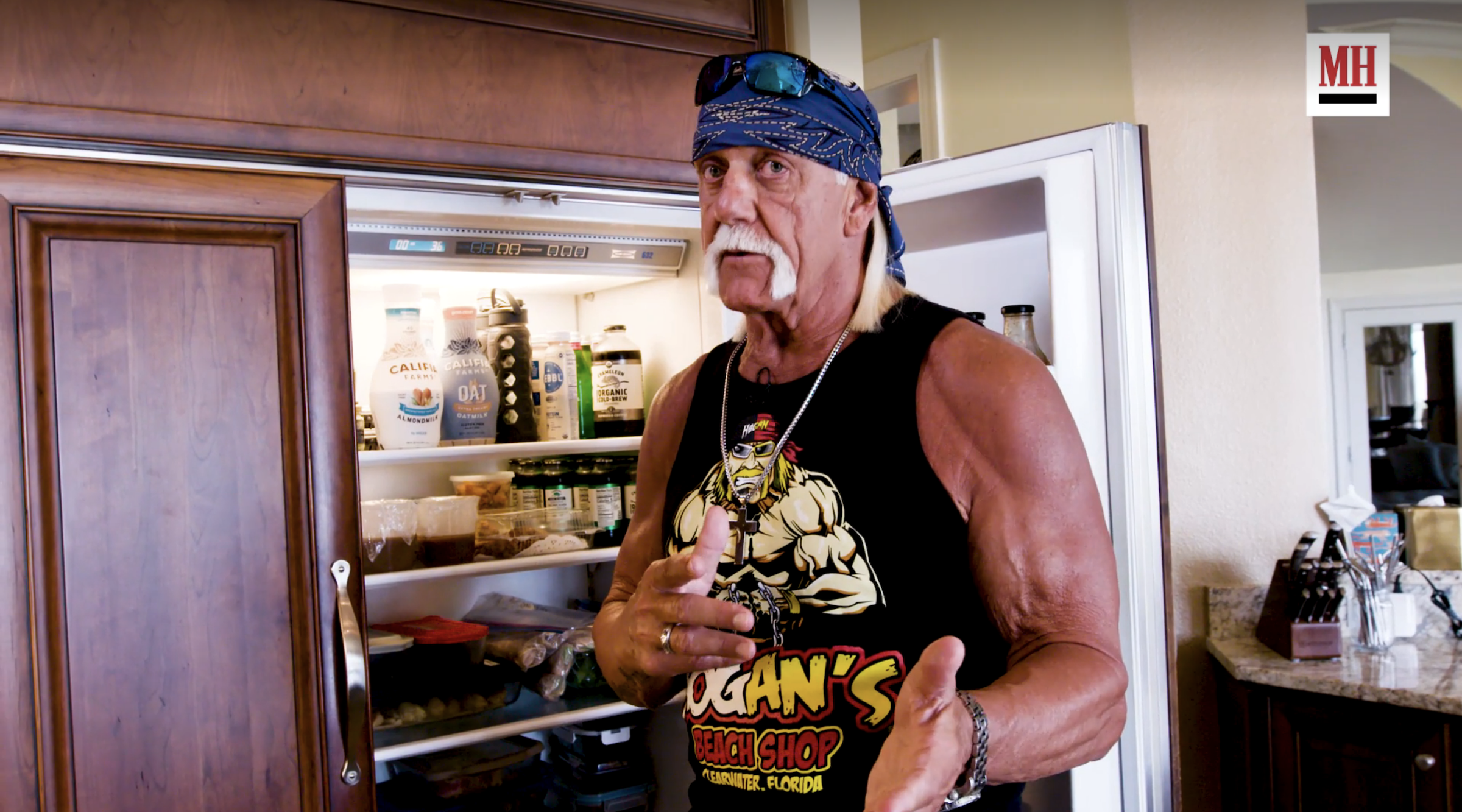The Complicated Legacy of Hulk Hogan: Wrestling Icon, Controversial Figure

The death of Hulk Hogan on July 24, 2025, has sparked an outpouring of tributes across the wrestling world. But alongside the celebrations of his contributions to the sport, a more complicated conversation has resurfaced. Hogan, born Terry Bollea, died at the age of 71 after suffering cardiac arrest at his home in Clearwater, Florida. While his impact on professional wrestling is undeniable, the scandal that once tarnished his reputation continues to cast a shadow over his legacy.
Long before the final chapter of his life was written, Hogan’s image had been reshaped by controversy. In 2015, the wrestling world was shaken when audio recordings surfaced of the WWE Hall of Famer using racist slurs during a private conversation. The remarks, which emerged through transcripts related to a sex tape lawsuit involving Gawker Media, included repeated uses of the N-word and racially charged comments about his daughter’s relationship with a Black man. The backlash was immediate and severe. WWE terminated Hogan’s contract and erased nearly all references to him from its website, including his Hall of Fame profile.
Public reaction was divided. While some fans were willing to separate the man from the moment, others saw the incident as an unforgivable breach of trust from a figure who had long been portrayed as a hero to millions. Hogan apologized in multiple statements, including a widely publicized interview in which he admitted the language was unacceptable and not reflective of his values. He insisted he believed in equality and inclusion, but for many, the damage had already been done.
The scandal was not limited to that one moment. Additional racist remarks came to light later that same year, when Bay News 9 published transcripts of jailhouse calls between Hogan and his son Nick from 2008. In the conversations, Hogan again used racial slurs and made stereotypical comments about race. These revelations further complicated public perception of the wrestling icon and intensified the debate over redemption, accountability and the responsibilities of public figures.
Despite the controversy, Hogan returned to WWE in 2018. The company stated that he had expressed remorse to talent and had taken time to reflect. However, many wrestlers and fans were not quick to forgive. His reappearance at major WWE events was often met with a mix of cheers and boos, and while his status as a pioneer of wrestling’s global expansion was never in question, his reputation never fully recovered.
At the time of his passing, WWE released a statement honoring him as one of the most influential figures in wrestling history. They credited him with helping elevate the sport during the 1980s and extending their condolences to his family. Hogan’s death was confirmed by his manager, Lisa Boise, who said he died after going into cardiac arrest. Emergency responders arrived at his home shortly before 10 a.m. and transported him to Morton Plant Hospital, where he was pronounced dead.
Tributes poured in from fellow wrestlers and fans alike. Ric Flair, a longtime friend, wrote that Hogan had supported him during life-threatening health issues and described him as one of the most generous people he had ever known. Marc Mero, another former wrestler, called Hogan a legend and highlighted his efforts to help others behind the scenes.
Yet, as documentaries and retrospectives inevitably follow his passing, the story of Hulk Hogan is likely to remain polarizing. His contributions to the rise of WWE as a global entertainment powerhouse cannot be erased. But neither can the moments that exposed a more troubling side of his personal life. His journey illustrates the duality of fame—how one man can become both a symbol of triumph and a cautionary tale.
In death, as in life, Hulk Hogan remains larger than life. But how he is remembered will depend not just on the championships and the cheers, but on the willingness of the public to reckon with the full complexity of his legacy.